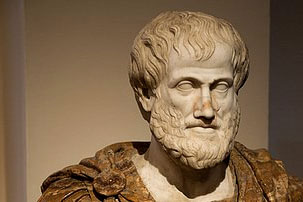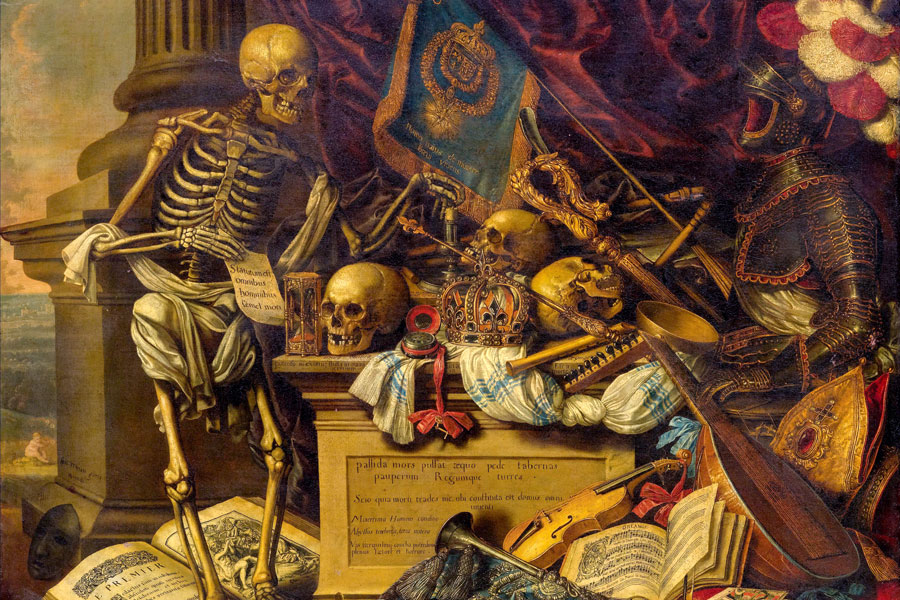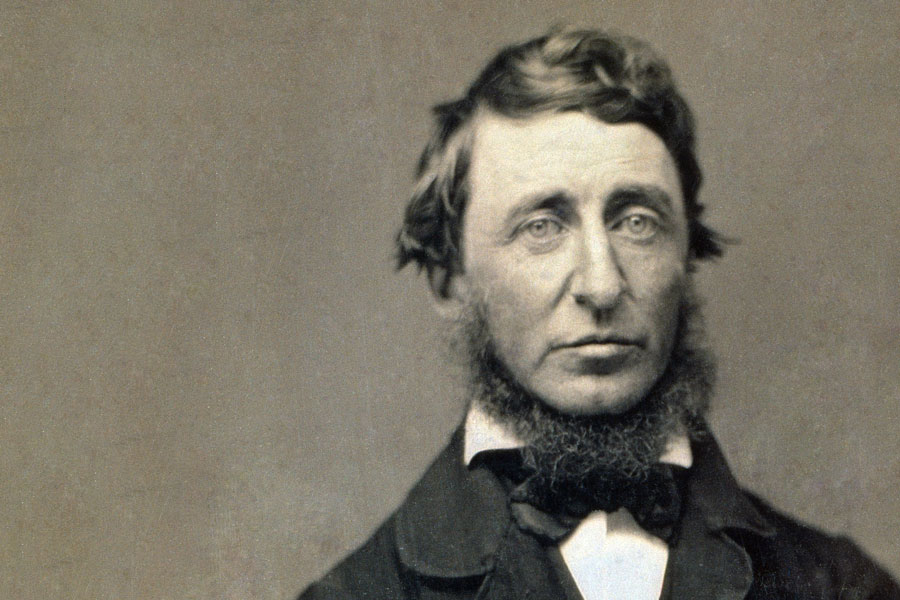
Education of the Heart
Educating the Mind Without the Heart: Why Knowledge Alone Is Not Enough
“Educating the mind without educating the heart is no education at all.”
— Aristotle
At first glance, this quote by the ancient philosopher Aristotle may sound poetic, even idealistic. But within its simplicity lies a profound truth that continues to echo through the halls of modern education, leadership, and even our personal development.
What Does It Mean to Educate the Heart?
To educate the mind is to fill it with information: facts, logic, numbers, theories. It’s what traditional schooling often emphasizes—grades, standardized testing, intellectual performance.
But to educate the heart means to cultivate emotional intelligence, empathy, compassion, humility, integrity. It’s about shaping who we are, not just what we know.
Aristotle, like many great thinkers, understood that knowledge without virtue is dangerous. A brilliant mind can build weapons of mass destruction. A clever tongue can manipulate truth. A high IQ can outsmart, but without a developed heart, it may lack conscience. When we teach people how to think, but not how to feel, we risk creating intellects without morals, success without soul.
Why It Matters
In today’s world—overstimulated, data-saturated, and algorithm-driven—we are facing a crisis not of intelligence, but of character. We’ve created systems that reward productivity over purpose, profit over people, and performance over principles. We know how to do almost anything… but have lost the compass for why and for whom we do it.
The result? Leaders who lack empathy. Innovators who ignore consequences. Citizens who remain indifferent to suffering they don’t personally endure.
We’ve taught the next generation how to win debates, solve equations, and chase careers—but not how to listen, to apologize, to stand up for what’s right even when it’s inconvenient. We teach history, but not always the humility to learn from it. We promote competition, but rarely cooperation.
Education as Transformation, Not Just Information
True education must go beyond academic achievement. It should be a process of becoming—not just smarter, but wiser. Not just trained, but transformed.
It’s about creating human beings—not just employees or scholars—with the courage to speak up against injustice, the patience to care for others, and the grace to forgive and grow.
It doesn’t mean replacing math with meditation or science with storytelling. It means integrating both: nurturing the whole person. Because an educated mind without a compassionate heart is like a lightbulb with no power source—it may be built to shine, but it never will.
A Personal Reflection
Think of the people who’ve left the biggest impact on your life. Were they the smartest? Or were they the kindest, the most encouraging, the most sincere? Often, it’s not the person who dazzled us with intellect, but the one who believed in us, who saw us, who treated us with humanity.
That’s the legacy of a heart-educated life.
Final Thought
Consider this:
- Are we merely collecting knowledge, or are we becoming more understanding?
- Are we raising children to be clever or to be kind?
- Are we striving to win arguments—or to heal divisions?
The heart is not a soft alternative to the mind. It is the mind’s compass. And without it, even the brightest minds can lose their way.
Educate your heart. Then, and only then, will your mind truly serve something greater.






